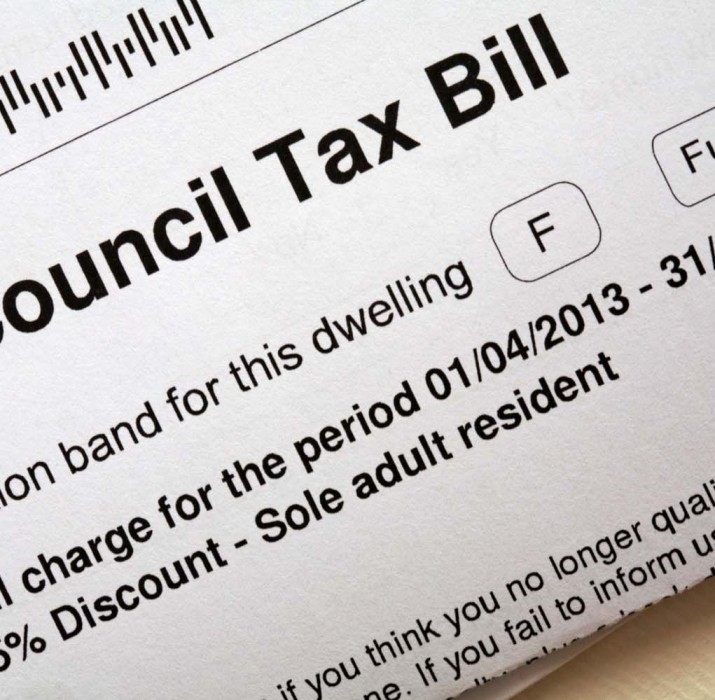Bailiffs are back to work chasing up unpaid council tax
Bailiffs are resuming operations in England and Wales chasing unpaid council tax after a five-month suspension owing to coronavirus.
Debt charities have warned of a surge in cases, prompting financial and health risks.
But a trade body for the sector said vital public services would be affected if councils were unable to collect money that has been owed for months.
A similar pause on evictions was extended on Friday by four weeks.
From Monday, authorities are able to use bailiffs – officially known as enforcement agents – to pursue unpaid bills such as council tax or parking fines.
The debts now being chased would have been unpaid before the coronavirus lockdown.
About half of councils have approved agents to be sent out again, under the stricter guidance required owing to social distancing.
They are being told not to enter homes to take items except in exceptional circumstances and where it is safe. The policy will be reviewed in line with government and public health guidance.
“Councils face a deepening financial crisis because of increased costs and lost revenue during lockdown so it is important that civil enforcement work can resume to recover much needed funding for frontline services,” said Russell Hamblin-Boone, chief executive of the Civil Enforcement Association, which represents bailiffs.
“Enforcement action is always a last resort by councils when other collection measures have failed and, even then, in half of all cases, an affordable payment plan is set up through emails or phone calls.”
Chris Whitehead, a debt advisor at Citizens Advice Newcastle, said: “This is a crisis that nobody could have planned for financially and we hear daily from people how tough it’s been for them to deal with the immediate issues of putting food on the table, paying the bills and essentially just getting through the day.
“But we fear the debt problems, which have been building up during lockdown, are now coming to bear as the schemes aimed at preserving jobs and incomes come to an end over the next few months.”









